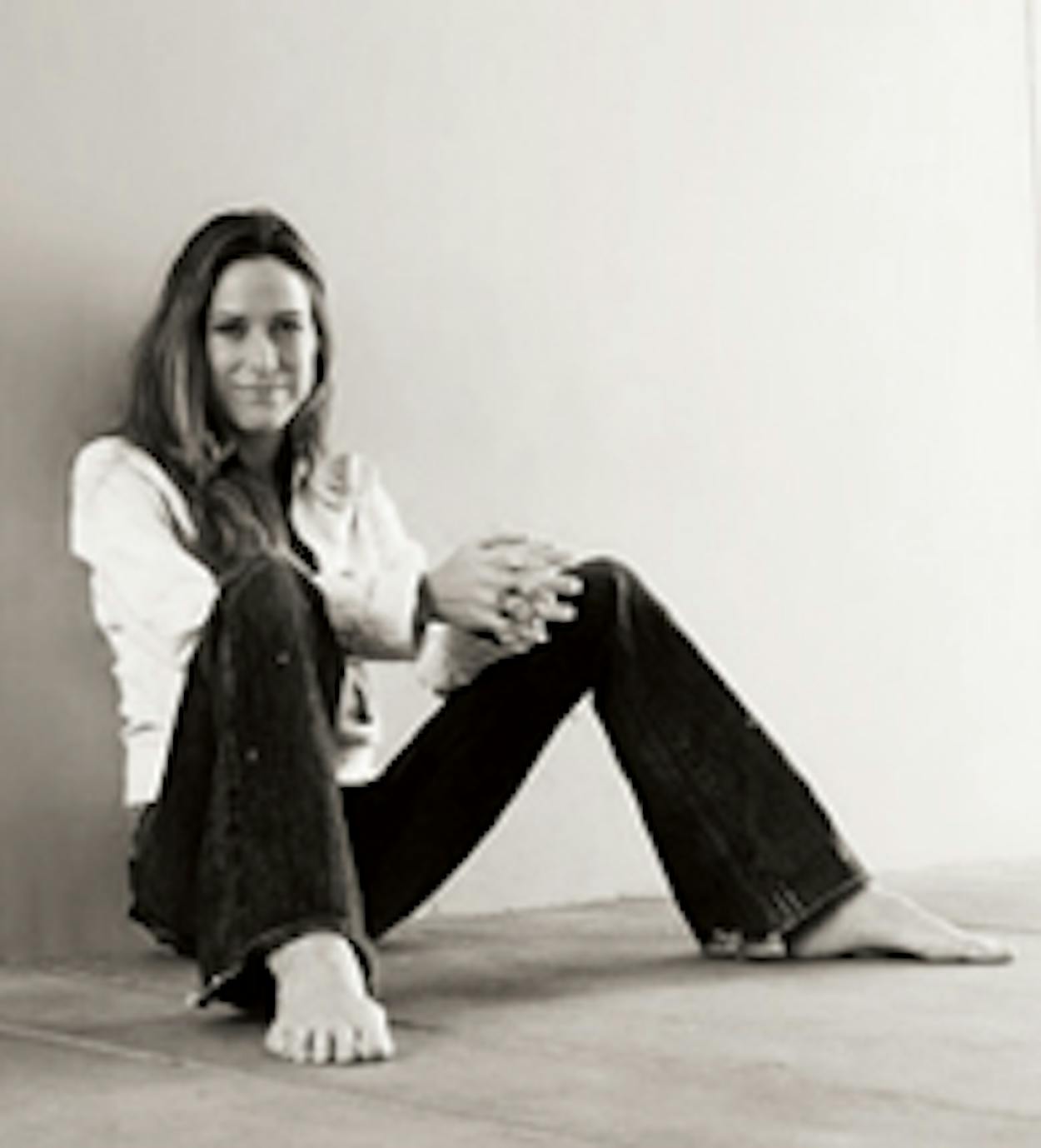The Arizona-born disc jockey came to Texas to attend Southern Methodist University in the eighties, got hooked on the local music scene, and soon found herself working at Dallas stations KNON and KERA, before moving to Los Angeles’s KCRW two decades ago. Today, in addition to her weekly radio show, she is the music supervisor for such television series as Parenthood, Hawaii Five-0, and Prime Suspect. The fruits of one of her most interesting gigs can be found on the recently released nineteen-disc DVD set FRIDAY NIGHT LIGHTS: THE COMPLETE SERIES (Universal Studios).
How did you go from being a dance major at SMU to being a disc jockey?
When I was a senior in college, I started hanging out in Deep Ellum, and the scene was popping. When you’re in college, you get turned on to things, and I just started hanging around with all the bands and going to see music every night.
This was in the eighties, when the New Bohemians were coming up—
The New Bohemians! It was basically the New Bohemians that got me into it, because I followed them sort of obsessively and became friends with them and, you know, dated one of the guys. I ended up with a radio show, and I decided, “Okay, this is my future. This is what I’m going to do.”
Then you became a music supervisor, working on films like Y tu mamá también and Gigli. How did you move into television?
Friday Night Lights was my first job. I met [show creator] Peter Berg, and we talked about me maybe working on one of his films, but it didn’t really need a music supervisor. So he said, “Hey, look at my TV show.” They sent me the pilot, and I was just blown away. I mean, in high school I was interested in theater and arts, but I was also a cheerleader, my boyfriend was a football player, so I could totally relate to that world. And having been a DJ in Texas, I felt like I had the musical identity of the show immediately figured out.
In the first season alone, there’s so much Texas music: Explosions in the Sky, Willie Nelson, James McMurtry, the Gourds, Iron and Wine, Beyoncé . . .
Willis Alan Ramsey, Butch Hancock . . .
One thing that really struck me about the program is that it’s a story about rural Texas, and I never really envisioned a lot of the bands that made their way into the show as being a part of those kids’ lives. I like the fact that you didn’t go the stereotypical route and just use country music.
When I first interviewed for the job, I brought a lot of different sounds. Definitely some country, definitely some Texas-based singer-songwriters. But I also felt hip-hop would be a big part of it, and taking a musical cue from the pilot and the Friday Night Lights film, I thought hard rock would be good for the football action. But it wasn’t just me; the whole creative sound behind the show, the musical universe, was created by everybody.
You live in Los Angeles. Was it hard for you to keep up with Texas music?
I just did what I could. We invited Texas bands to send us stuff. I had the whole crew in Austin, so even though I didn’t really visit the set I was talking to them a lot, and they would send me music.
Were folks on the set going out at night and seeing bands and telling you about them?
Jesse Plemons [who played Landry on the show] went out a lot in Austin and brought some bands to the table. He’s now living there and playing in a band called Cowboy and Indian, and we’ve used his music on Parenthood.
How did this series differ from the others you’ve done?
Friday Night Lights was the most rewarding experience. I love the eclectic nature of the show. I love country music, I love hip-hop, and I love hard rock. Where else can you put all that in one place? Especially the country—that usually doesn’t fit into any other show. How can you not love Friday Night Lights? It’s, like, the greatest show ever.







